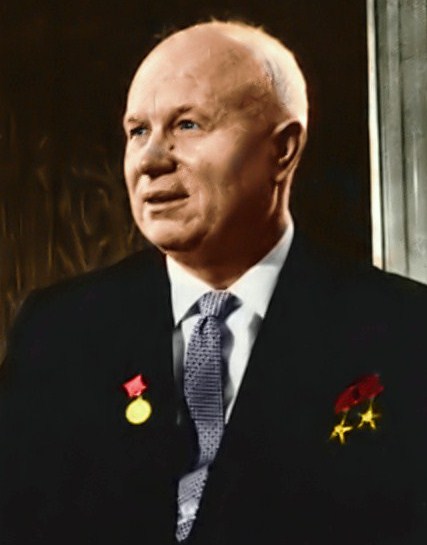This term automatically rendered it unnecessary that the ideological errors of a man or men engaged in a controversy be proven; this term made possible the usage of the most cruel repression, violating all norms of revolutionary legality, against anyone who in any wat disagreed with Stalin, against those who were only suspected of hostile intent, against those who had bad reputations. This concept 'enemy of the people' actually eliminated the possibility of any kind of ideological fight or the making of one's views known on this or that issue, even those of a practical character. In the main, and in actuality, the only proof of guilt used, against all norms of current legal science, was the 'confession' of the accused himself.
"Secret Report to the 20th Party Congress of the CPSU"
